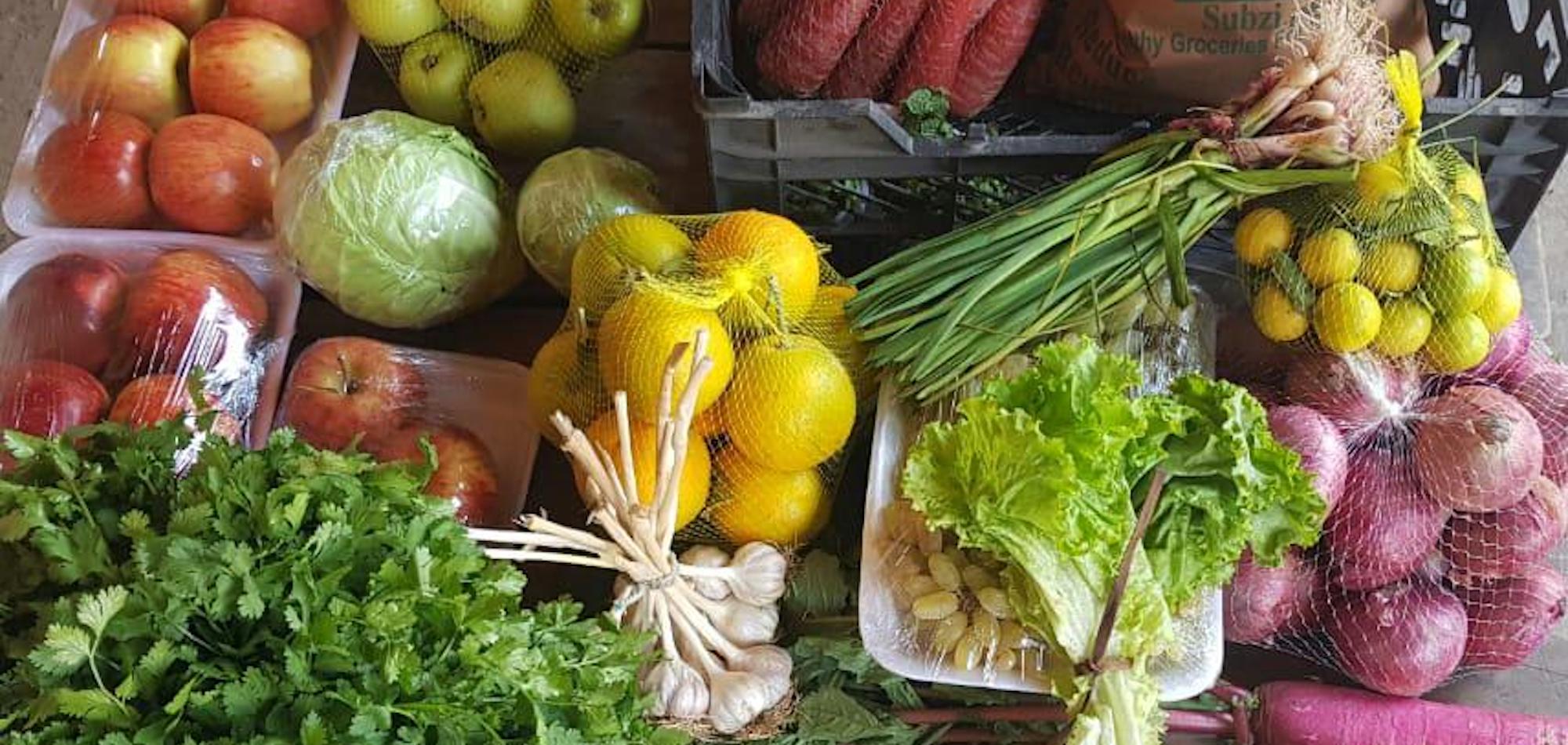"To offer internet service," Innocent continued, "it’s very hard for people who don’t have access to electricity and for people who don’t have access to a digital tool such as a laptop or a smartphone. It doesn’t make sense for them." He also expressed how members of his community lacked digital literacy, which prevented them from using digital tools productively. "People have been disconnected from the digital world for decades."
By approaching roadblocks not just as a company but also as members of the community, Kakuma Ventures is deeply connected to the pulse of their customers' needs. "We don’t only look at the service that we’re offering to people directly, but at the underlying issues that affect them in order for them to access our services." This can include their legal inability to work in the new country that they’ve been displaced in, thus preventing them from affording those services.
The venture then discusses those challenges collectively, putting their efforts into training for digital literacy, offering loans, and providing their refugee trainees with work opportunities. "I thought, we can afford to give the people green energy and digital tools on loan so that they can pay slowly. If you’re not allowed to work where you’re living [as a refugee], you’re at least able to work and train online to become freelancers and earn an income."
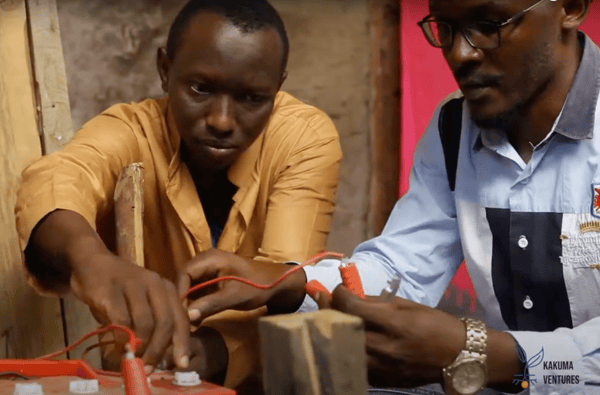
Photo provided by Kakuma Ventures
Innocent noted that both refugees and host community alike are able to access Kakuma Ventures' internet services at the camp, which is a welcome advantage in a rural, inaccessible area like theirs. "The refugees live in harmony with the host community, so it’s very important to make sure our services are touching them," said Innocent.
Accelerator impact
Much like their community members, Kakuma Ventures also struggles with feelings of isolation. "Yes, we have access to the internet, but we lack visibility without interaction with like-minded leaders. But through this accelerator, that’s what we’re receiving. The program is also helping us refine our processes."
Through the program's one-on-one mentorship, Innocent was able to better analyze and refine his company's goals. "The opportunities we get through the program will help us to be ready for the next step of our enterprises." Finding himself changed by the program, Innocent observed that he wasn't the same person as when he joined. "I learned something new, I’ve added value to my personal leadership and aspirations, and it helped me refine my vision."
With increased visibility from the Accelerator, Innocent is hopeful for a more independent future and more awareness when it comes to refugees. "In the past years, we used to see enterprises coming from outside to address problems, but now we’re addressing our own. People should know that it’s okay from now on, that refugees are addressing their problems by themselves. It’s very important for that story to reach the widest possible audience, [to] change the narrative and stereotypes about refugees, their needs, and how those should be addressed."
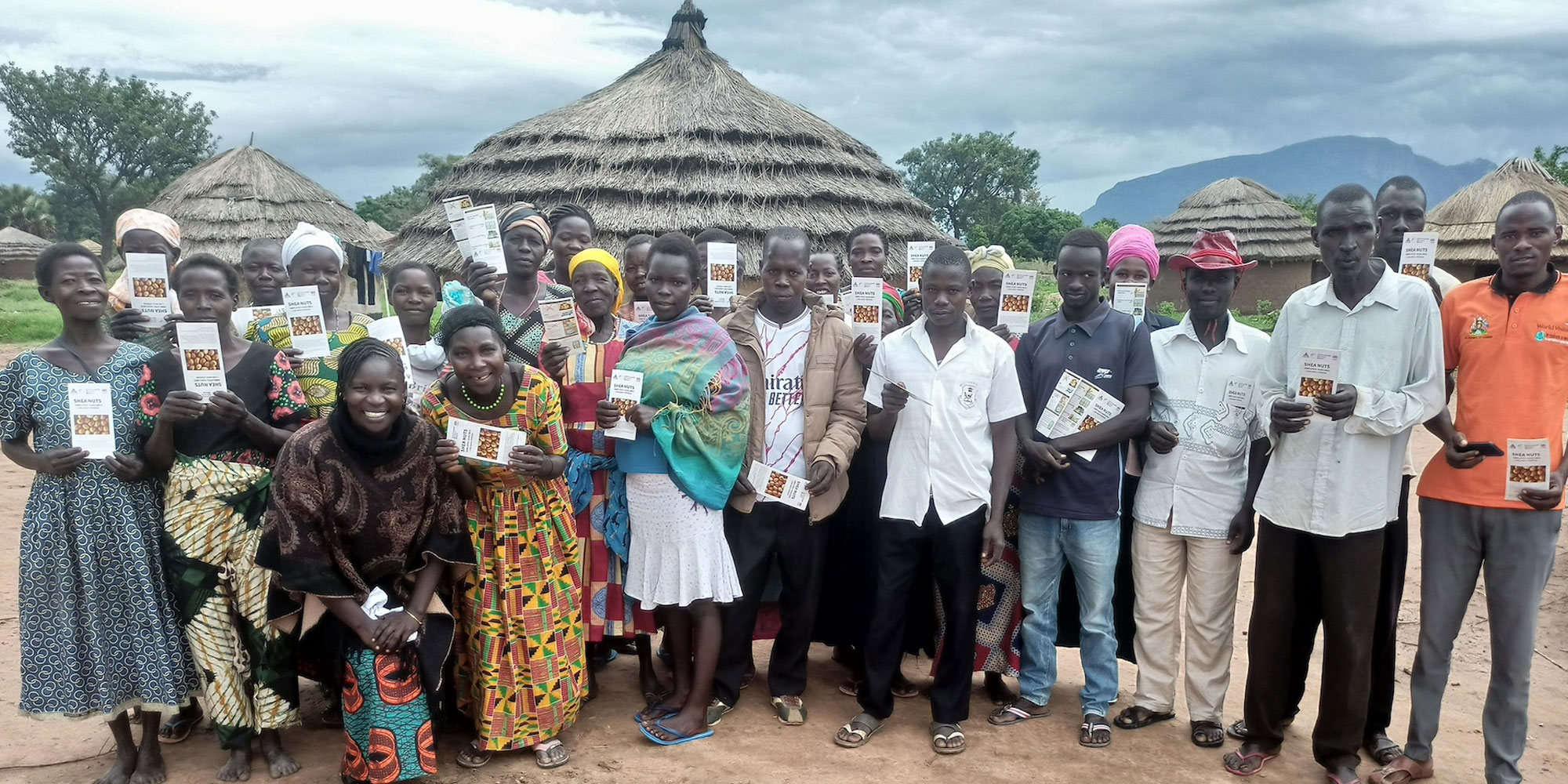
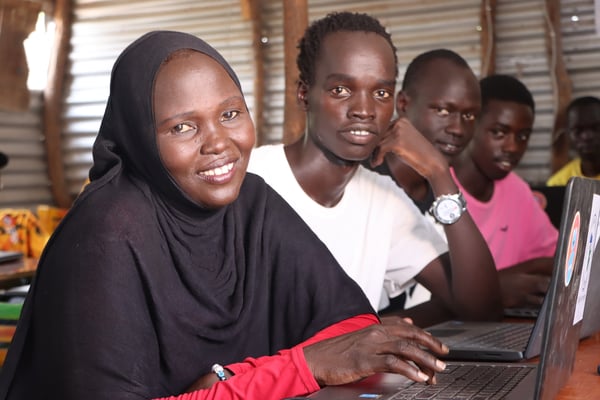

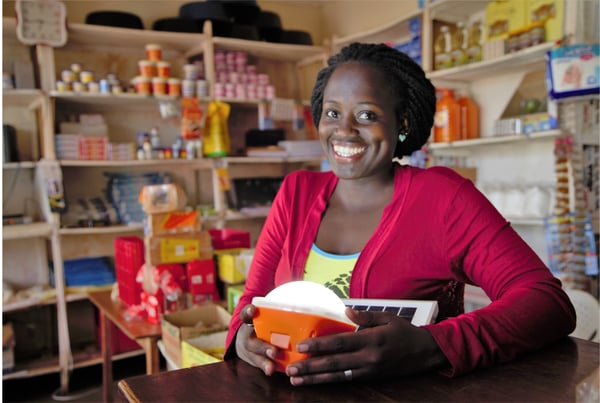
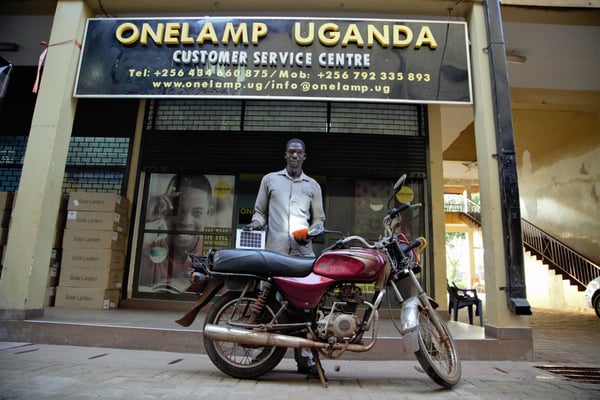
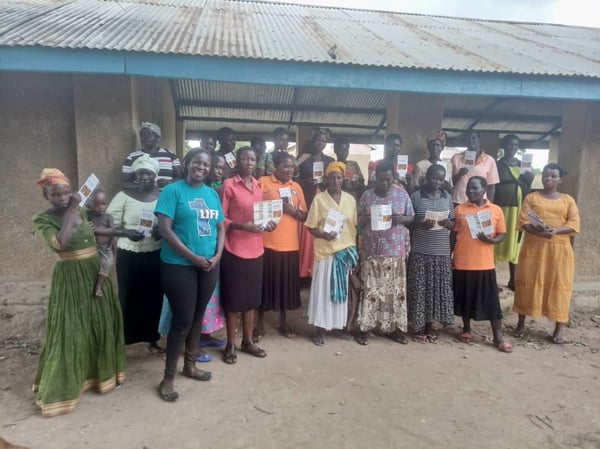
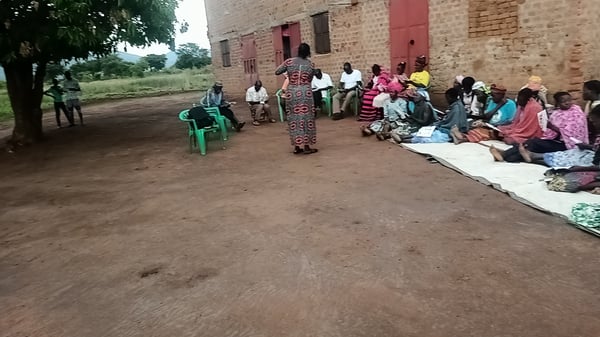
.jpg)

